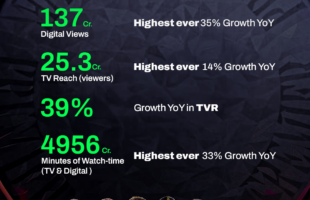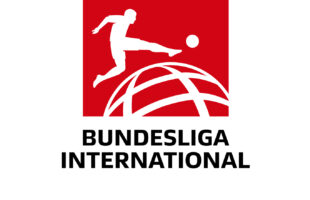According to The Nation and Thai PBS, NBTC vice chairman Natee Sukonrat has laid down that RS cannot screen World Cup matches through its new set-top box without them being simultaneously broadcast on free TV. He cited a Central Administrative Court decision in November that denied RS’s appeal to exclude the soccer World Cup from the seven sporting events which must be televised by free TV as per NBTC regulations.
“Should RS or other companies advertise that people could watch more World Cup games via its set-top box than free TV, it would be deemed as an infringement. The punishment ranges from an initial fine of Bt5 million plus Bt100,000 each day and the licence of offending party rescinded.
“Since the court has already turned down RS appeal, it means the rules remain in effect until the court rules otherwise. So, we want to warn the company that it cannot have more World Cup games televised on its box,” said Natee.
If RS goes ahead with its plan to give only 22 matches to free TV, it would cost them an estimated Bt8.2 million in fines for the whole period of the tournament between June 12 and July 13. But if authorities penalise the company from the date when the World Cup box goes on sales on April 1, the company would receive additional fines totalling Bt9.1 million, meaning RS would likely be fined Bt17.3 million in total.
NBTC has vowed to defend rights of the people to view all the 2014 World Cup matches live on free TV after RS Plc insists only 22 matches will go free. RS’s move drew strong opposition from the NBTC, Thailand’s media regulator, who argued that it violates its must-have rule, which stipulates seven sporting competitions, including the FIFA World Cup, are required to be broadcast via free TV.
But RS argued that the rule prevents the company from generating sufficient revenue. It has filed a lawsuit with the Central Administrative Court, asking it to void the NBTC’s must-have rule. The company argued that it bought the 2014 FIFA World Cup broadcasting rights seven years ago, before the NBTC imposed its must-have rule.
But NBTC vice chairman Natee Sukonrat viewed that without the must-have rule, people will have to endlessly buy a set-up box in order to watch each sporting competition. If nothing was done, he said, by next year, they would end up having set-up boxes for the FIFA World Cup, SEA Games and Olympics. He insisted the NBTC imposed the rule for public interest.
Natee said the NBTC is prepared to fight the court case and will appeal if the Central Administrative Court rules in favor of RS.
But a lawyer at the Intellectual Property Association of Thailand said RS has a greater chance to win this case, reasoning that the intellectual property law is superior to the NBTC’s rule. However, he suggested both sides to meet half way.
The first is RS still broadcasts 22 World Cup matches but they must be big matches. The other is the NBTC pays compensation to RS for additional matches it wants RS to be televised on free TV.
The must-have rule remains effective.








